On July 8, Japan will mark the first anniversary of the assassination of former Prime Minister Abe Shinzo. The country's police aim to test AI cameras in fiscal 2023 (ending March 2024).
AI cameras can be equipped with functions such as behavior detection, which analyzes a person's movements, and facial recognition. Police will only use the behavior detection function, according to Nikkei .
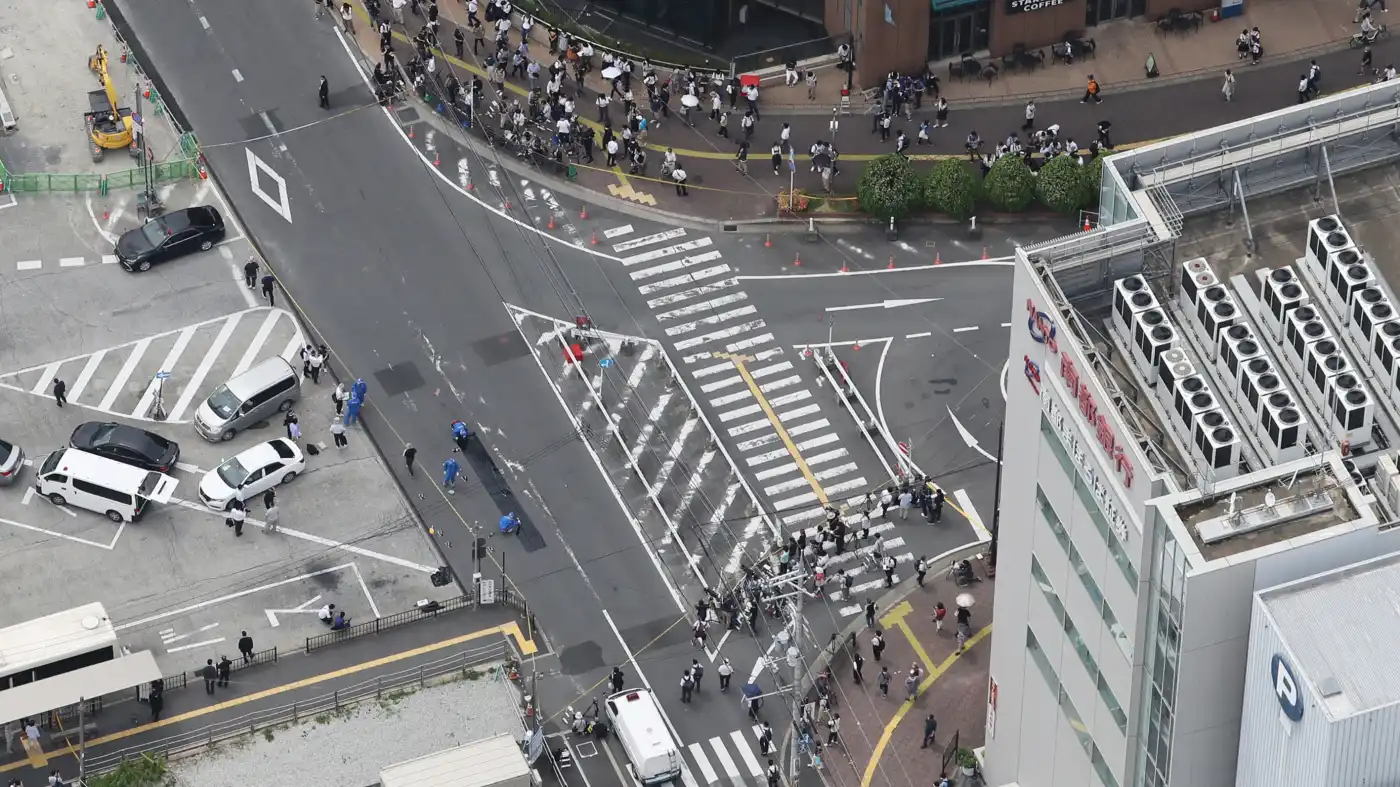
The system will learn to recognize unusual movements such as constantly looking around. It is difficult for the human eye to detect unusual behavior in a crowd. Therefore, the system helps security forces eliminate security risks.
In addition, the police are also testing the function of detecting guns and suspicious objects, detecting intrusions. The National Police Agency will check the accuracy of the AI camera during the test and carefully consider the possibility of using the system in practice.
AI cameras collect large amounts of data, so balancing functionality and data protection is a challenge. The European Union has banned the use of facial recognition technology in a draft comprehensive regulation on artificial intelligence. Police in the region are not allowed to test the technology.
One reason Japanese police decided to try the new system is that attacks by individuals are on the rise and are becoming harder to detect. In addition to the Abe assassination, there was also an attack on Prime Minister Fumio Kishida in April.
AI is increasingly used in police operations. According to a 2019 survey by the Carnegie Endowment for International Peace, the technology is used in 52 out of 176 countries, especially in Europe, the US and Asia. According to Isao Itabashi, chief analyst at the Public Policy Council (Tokyo) and an expert on counterterrorism measures, AI helps the police work more effectively because it has more vigilance tools.
The French government has passed a bill allowing the installation of AI security cameras at the 2024 Paris Olympics and Paralympics. In Japan, the private sector is leading the way in AI adoption. At the G7 summit in Hiroshima in May, the West Japan Railway introduced a system that alerts security guards when unusual behavior is detected.
(According to Nikkei)
Source



![[Photo] Discover unique experiences at the first World Cultural Festival](https://vphoto.vietnam.vn/thumb/1200x675/vietnam/resource/IMAGE/2025/10/11/1760198064937_le-hoi-van-hoa-4199-3623-jpg.webp)
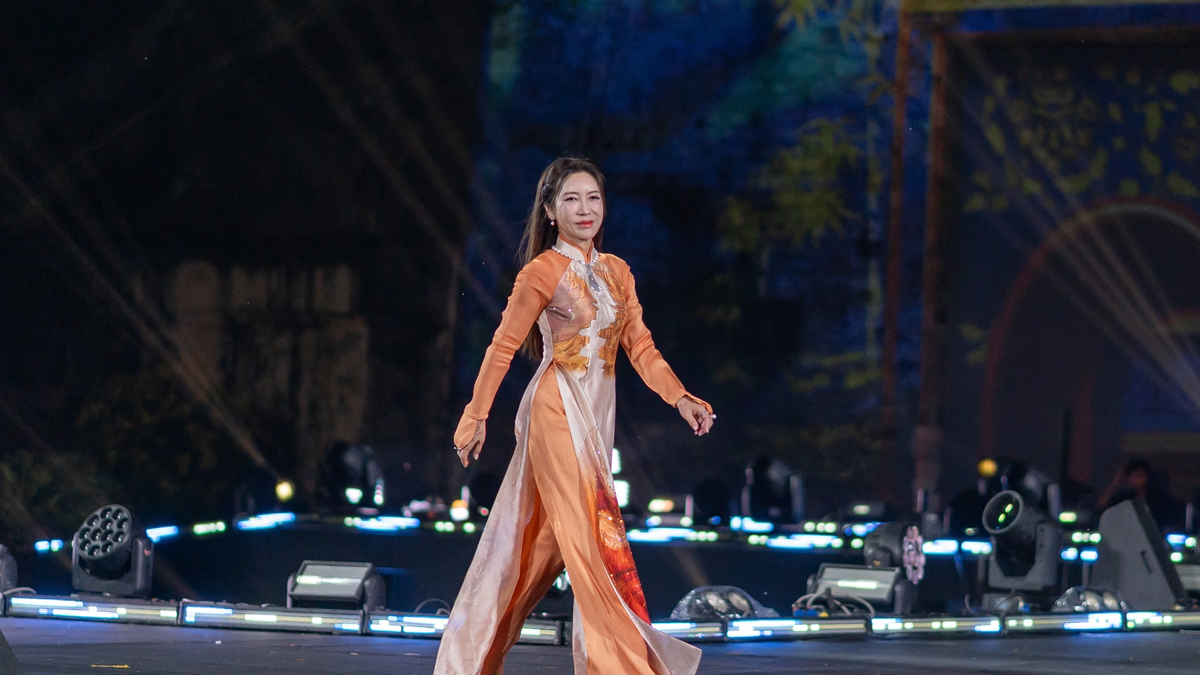



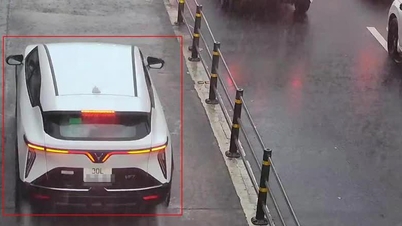

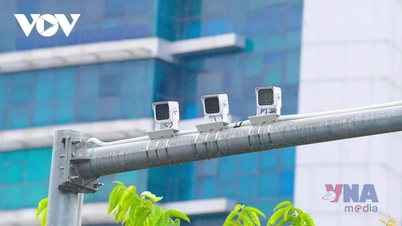





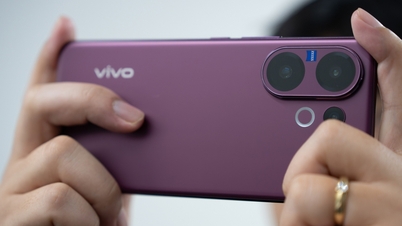





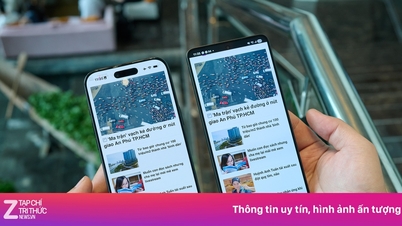








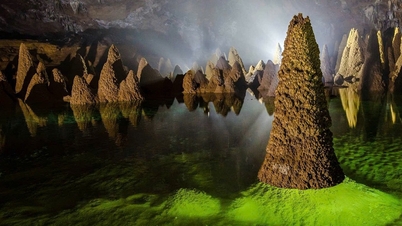
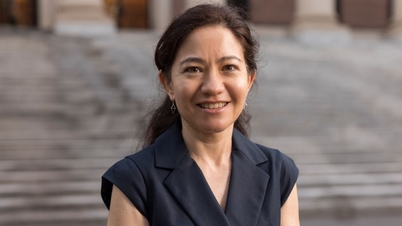

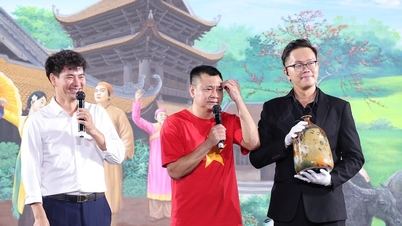


![[Photo] General Secretary attends the parade to celebrate the 80th anniversary of the founding of the Korean Workers' Party](https://vphoto.vietnam.vn/thumb/1200x675/vietnam/resource/IMAGE/2025/10/11/1760150039564_vna-potal-tong-bi-thu-du-le-duyet-binh-ky-niem-80-nam-thanh-lap-dang-lao-dong-trieu-tien-8331994-jpg.webp)



















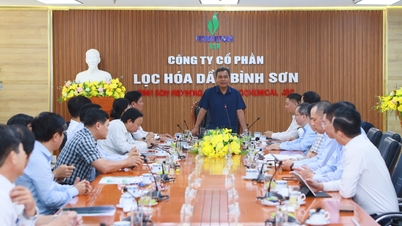












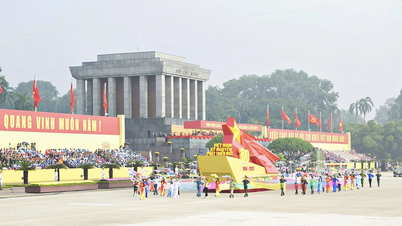

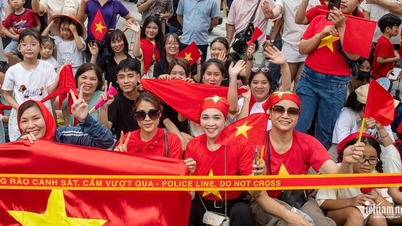


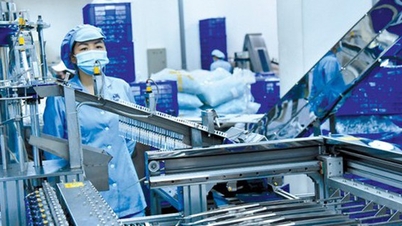
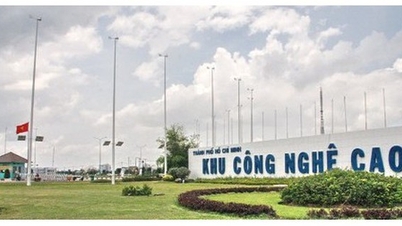
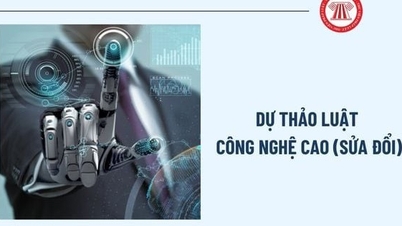
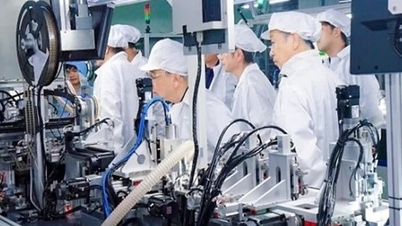
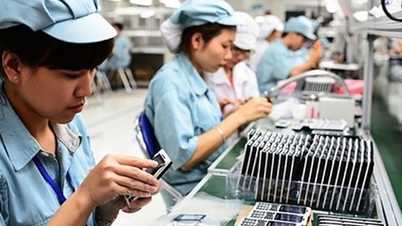




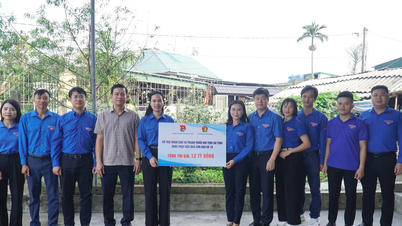





















Comment (0)